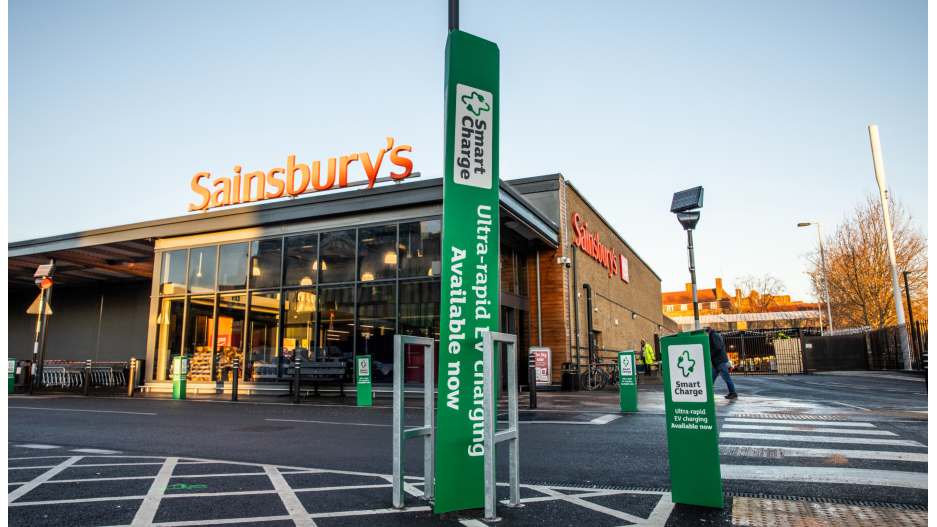The Court of Justice of the European Union has upheld a fine of €2.4 billion imposed on Google for abusing its dominant position and favouring its own shopping comparison service.
In 2017, the European Commission found that the technology giant had given preference to the results of its comparison shopping service in 13 countries.
It found that Google had promoted its search results in boxes with accompanying attractive image and text information.
By contrast, the search results of competing comparison shopping services appeared as simple generic results displayed in the form of links and were prone to being demoted by adjustment algorithms in Google’s general results pages, said the Court.
Google and its parent company Alphabet appealed the fine, which was the largest ever imposed by the Commission at the time.
A spokesperson for Google told National Technology News: “We are disappointed with the decision of the Court. This judgment relates to a very specific set of facts. We made changes back in 2017 to comply with the European Commission's decision.
"Our approach has worked successfully for more than seven years, generating billions of clicks for more than 800 comparison shopping services.”
In September 2022, Google lost its fight to overturn a €4.3 billion fine, as European courts agreed on a ruling by EU antitrust regulators which found the company had used its android operating system to surpass its rivals.
The court backed the EU regulator’s ruling that Google had breached competition rules by requiring phone manufacturers to install Google’s browser and search apps as a condition for carrying Google’s Play app store.
Latest News
-
Amazon considers largest contribution to OpenAI's $100bn fundraising round
-
Google agrees to pay $135m over Android data collection claims
-
UK government to launch centre for AI measurement
-
HSBC rolls out new tax tool for sole traders as digital rules approach
-
Lloyds Banking Group doubles AI value target to £100m in 2026
-
Tesla to end Model S and Model X production as Musk shifts focus to robotics
The future-ready CFO: Driving strategic growth and innovation
This National Technology News webinar sponsored by Sage will explore how CFOs can leverage their unique blend of financial acumen, technological savvy, and strategic mindset to foster cross-functional collaboration and shape overall company direction. Attendees will gain insights into breaking down operational silos, aligning goals across departments like IT, operations, HR, and marketing, and utilising technology to enable real-time data sharing and visibility.
The corporate roadmap to payment excellence: Keeping pace with emerging trends to maximise growth opportunities
In today's rapidly evolving finance and accounting landscape, one of the biggest challenges organisations face is attracting and retaining top talent. As automation and AI revolutionise the profession, finance teams require new skillsets centred on analysis, collaboration, and strategic thinking to drive sustainable competitive advantage.
© 2019 Perspective Publishing Privacy & Cookies









Recent Stories